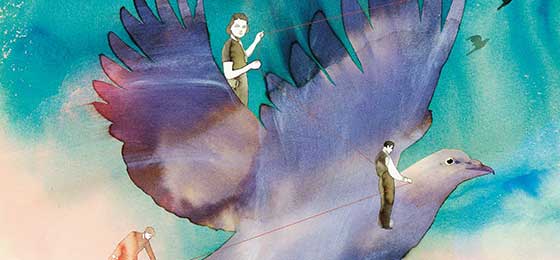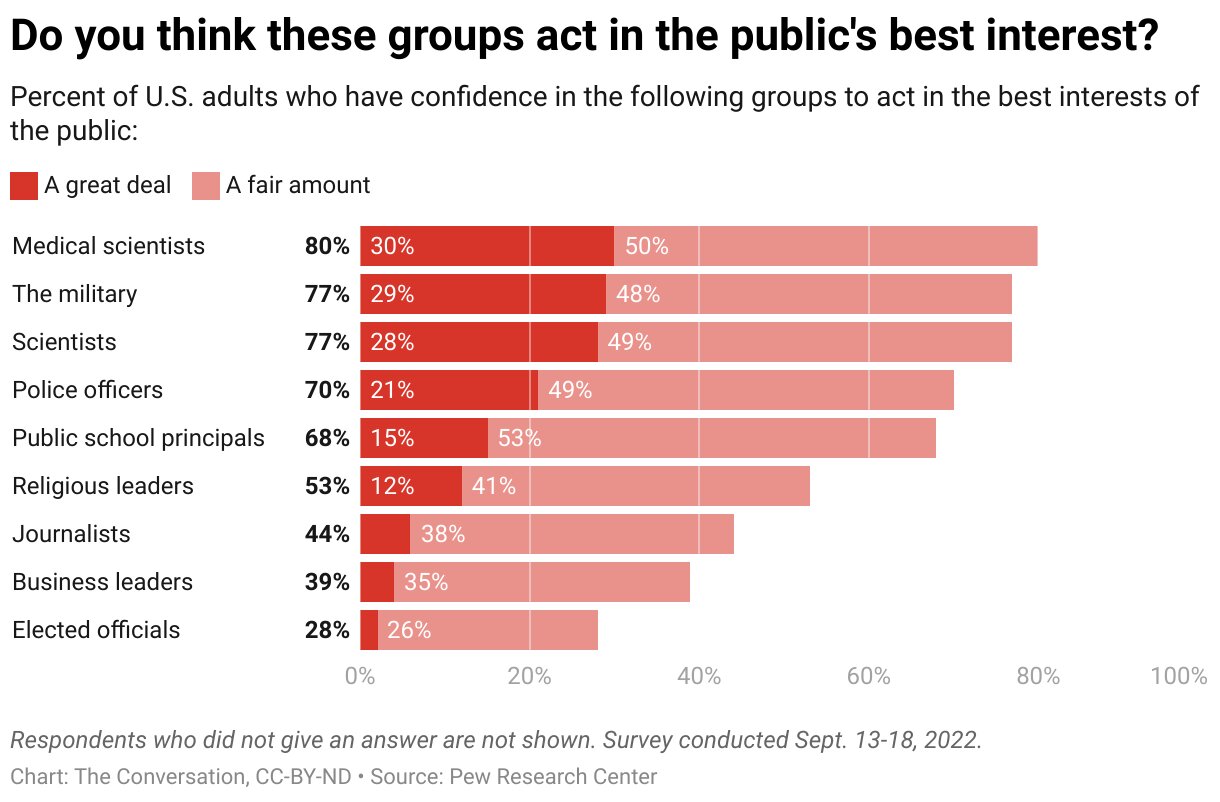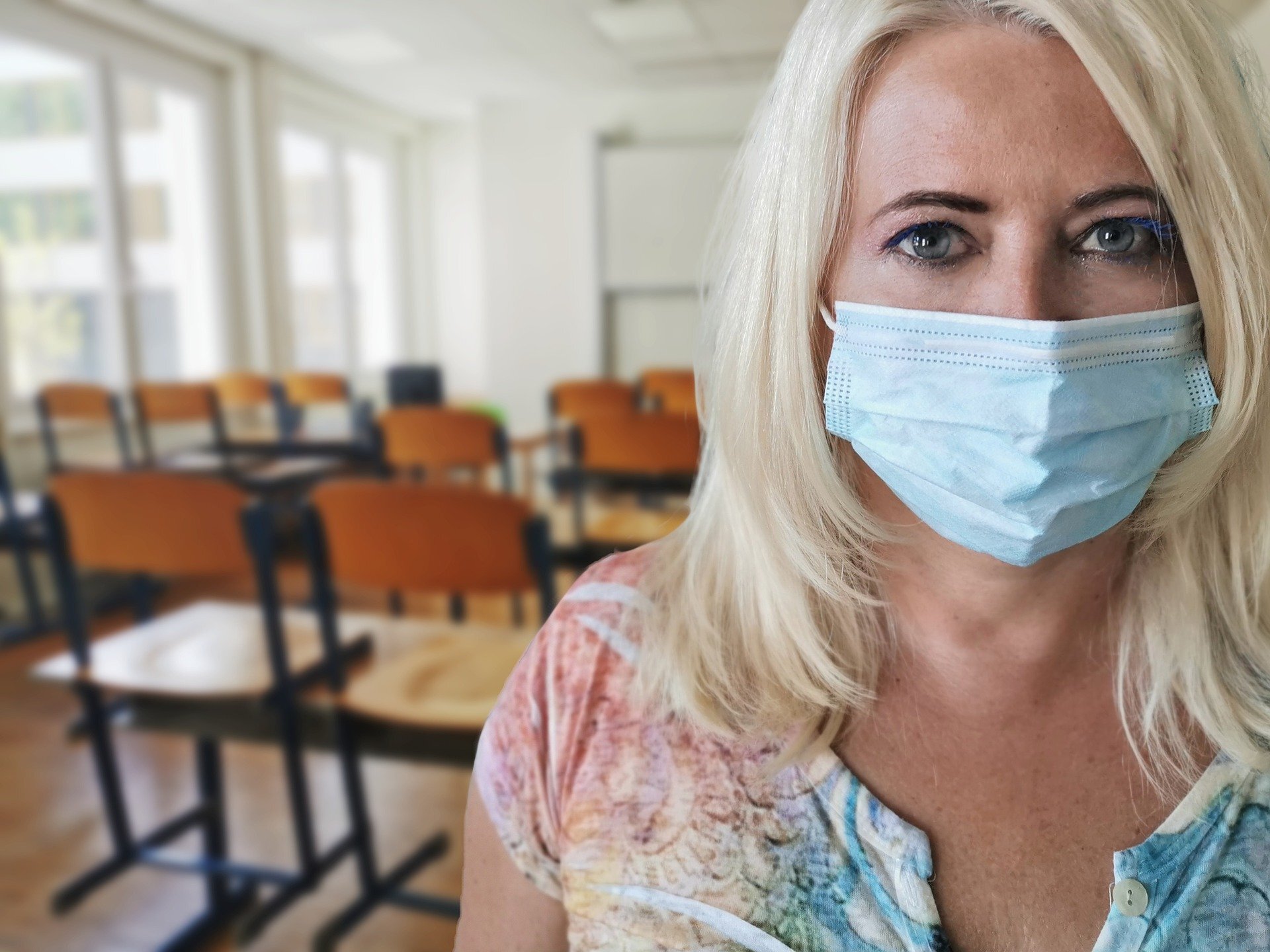Send us a link
How to Phase Out Fossil Fuels Without Sacrificing Electoral Popularity
A new study by UCL researchers shows how it's possible to phase out fossil fuels without sacrificing electoral popularity—even in coal mining regions.
Open Science is Facing Headwinds
Within the scientific community, the words "open science" have been on everyone's lips in recent years. Open science entails a great promise of a democracy of knowledge, and it is considered to be a universally good thing.

New Research into Threat Posed to Climate Change Policies by the Rise of the Populist Right
WEF Young Scientists Call to Address Missing Link Between Policy and Science
WEF Young Scientists Call to Address Missing Link Between Policy and Science
Scientists from the World Economic Forum's Young Scientists community want to see the social value of scientific research better recognised and acknowledged. Published today by Frontiers Policy Labs, a call has been signed by 52 scholars from some of the world's foremost academic institutions. The signatories say that for science to become rooted in decision-making, a new culture of engagement between policymakers and scientists needs to be established.

Banning Preprints from Grant Applications Penalises Researchers for Being Up-to-date
Banning Preprints from Grant Applications Penalises Researchers for Being Up-to-date
A sudden rule change by the Australian Research Council-to ban grant applications that cite preprint material-has deemed 32 early and mid-career researchers ineligible to receive critical funding.

Evolution is Now Accepted by a Majority of Americans
The level of public acceptance of evolution in the United States is now solidly above the halfway mark, according to a new study based on a series of national public opinion surveys conducted over the last 35 years.
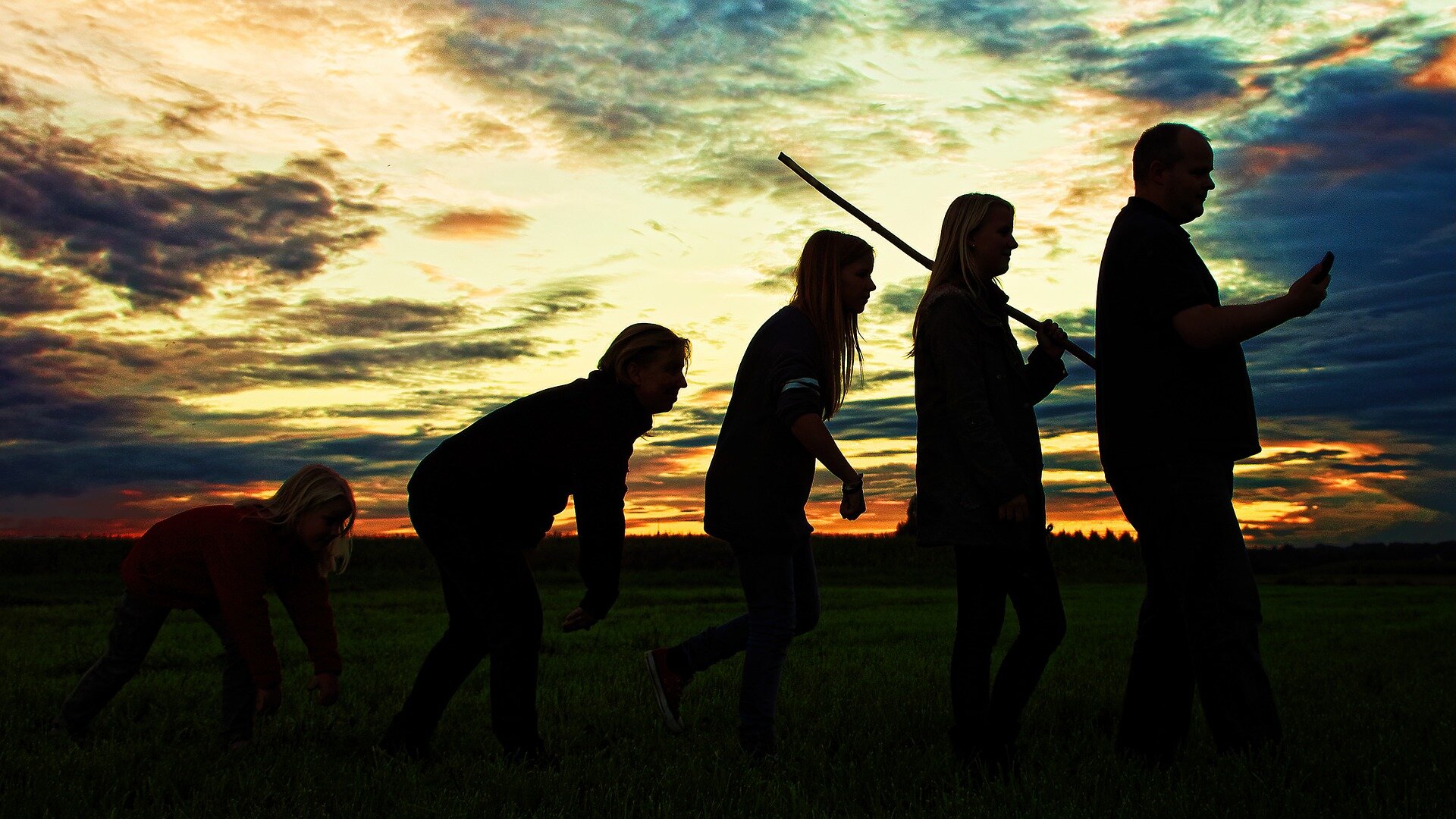
Beyond Vaccines, UNESCO Wants More Global Science Shared
While the U.S. president is calling for suspending patents on COVID-19 vaccines, experts at UNESCO are quietly working on a more ambitious plan: a new global system for sharing scientific knowledge that would outlast the current pandemic.
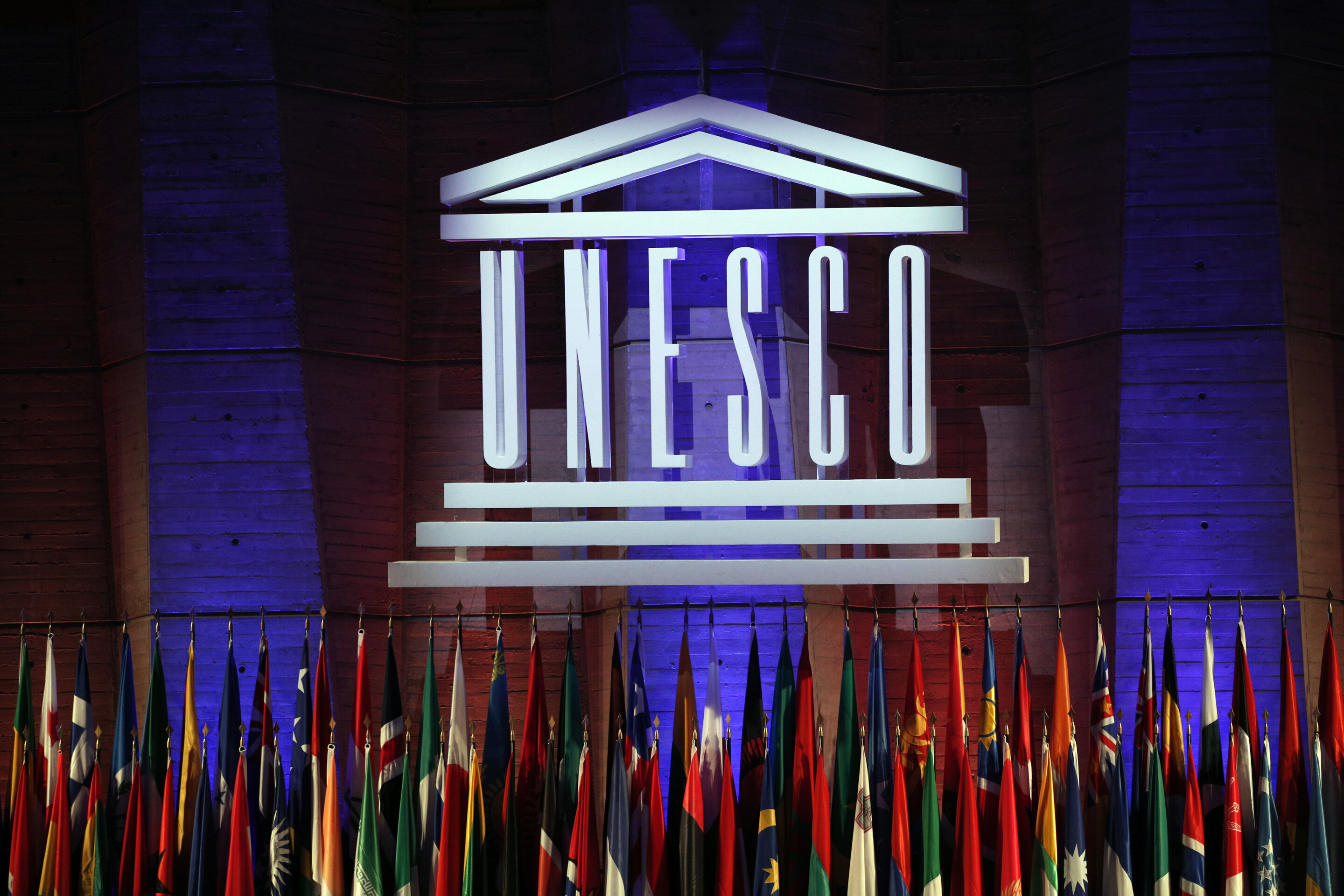
Will COVID-19 Mark the End of Scientific Publishing As We Know It?
Under the pressure of a global health crisis, the argument for open access has sunk in. Is this the catalyst that breaks up the bonds of an old publishing model once and for all?
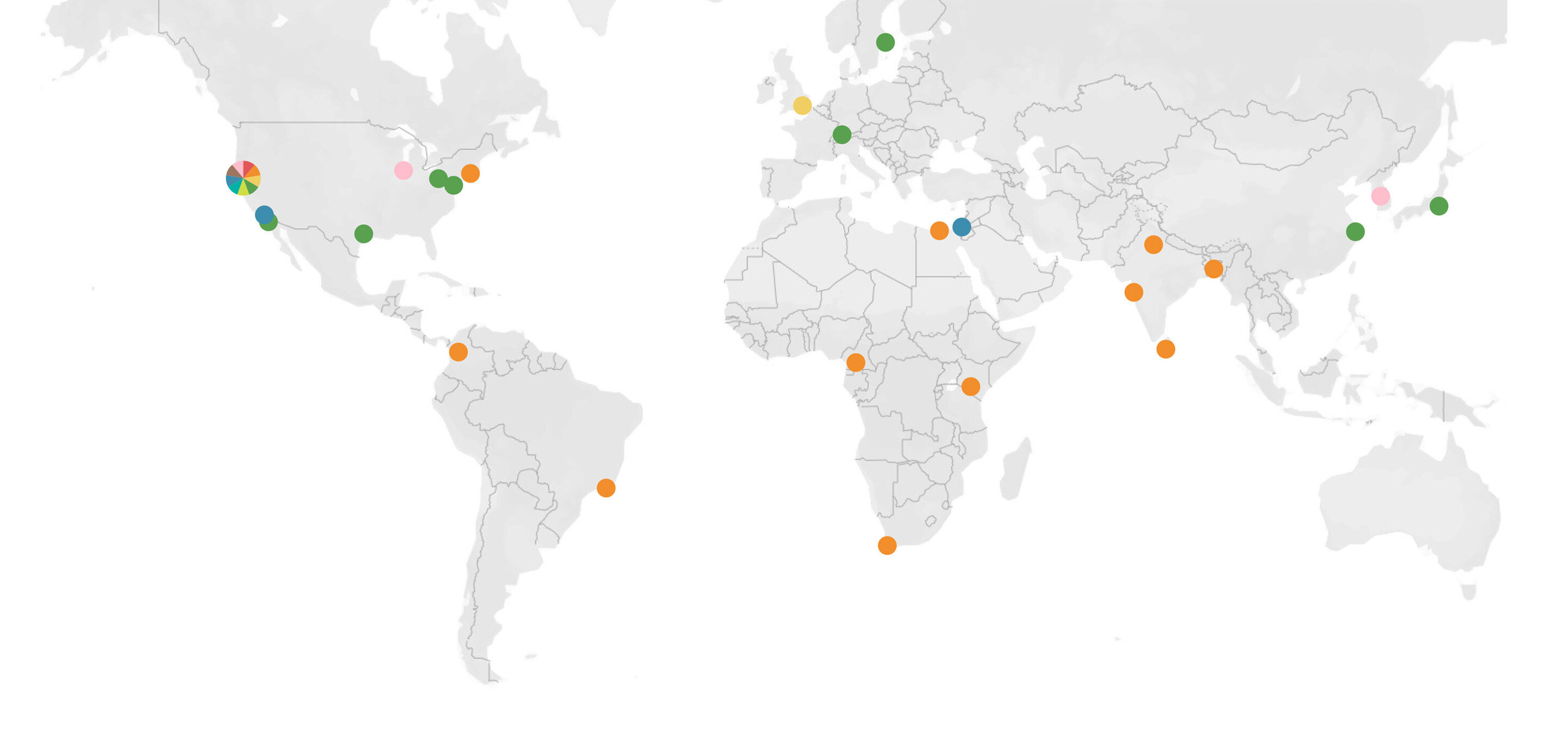
Climate Change Fears Propel Scientists out of the Lab and into the Streets
It's hard to know just how many scientists have turned to activism in the last few years. But many researchers say they've noticed a change.
Study Examines How Media Around the World Frame Climate Change News
While richer countries tend to frame climate change coverage as a political issue, poorer countries more often frame it as an international issue that the world at large needs to address.

In Science, Questions Matter a Lot. Men Are More Likely Than Women to Ask Them
In Science, Questions Matter a Lot. Men Are More Likely Than Women to Ask Them
In science, questions matter a lot. But as a young female scientist speaking up in a public forum, the stakes may just feel a little higher.
Hyphens in Paper Titles Harm Citation Counts and Journal Impact Factors
According to the latest research results, the presence of simple hyphens in the titles of academic papers adversely affects the citation statistics, regardless of the quality of the articles.
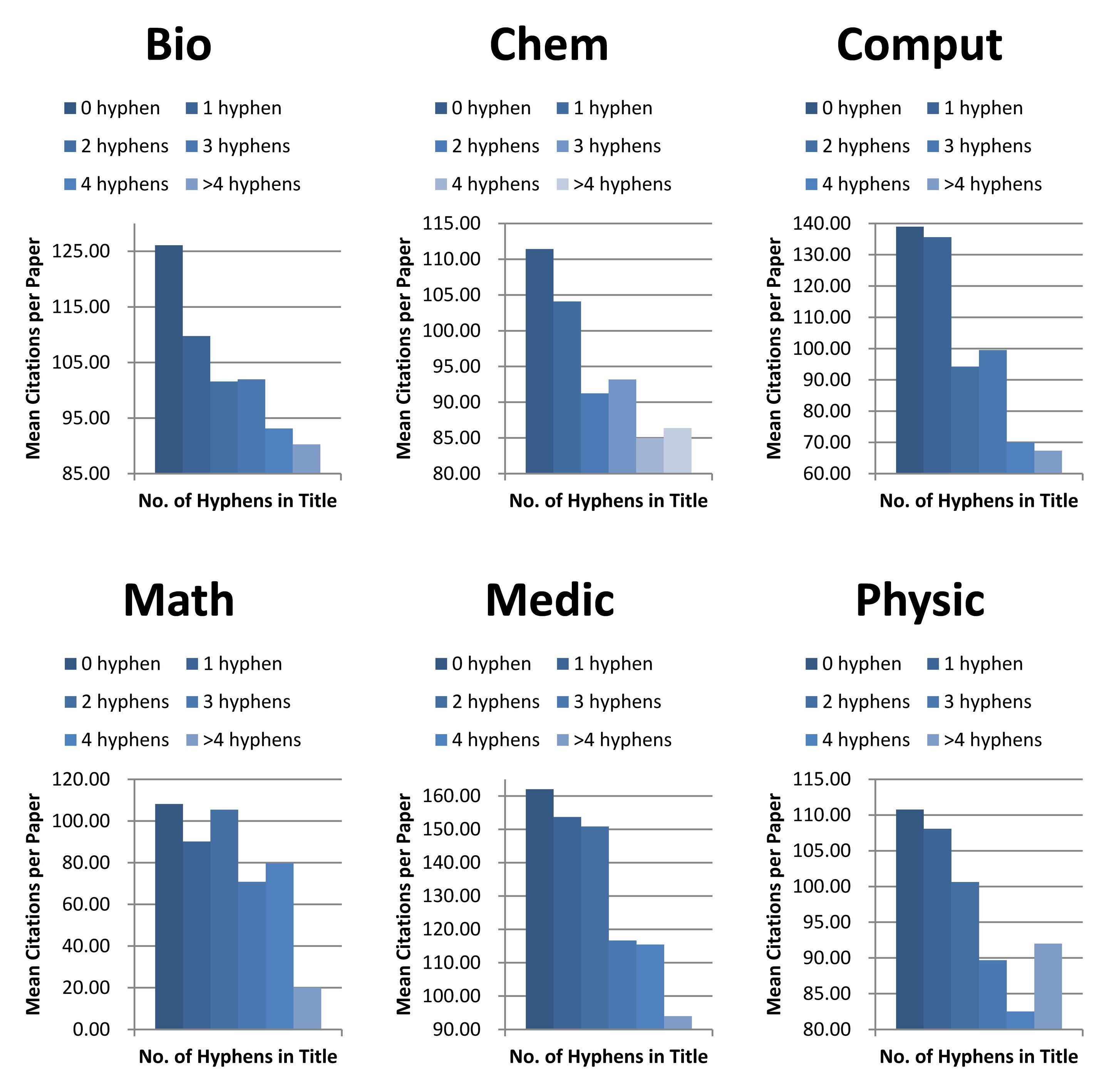
To Save Life on Earth, Here's the $100 Billion-a-year Solution
There have been five mass extinctions in the history of the Earth. But in the 21st century, scientists now estimate that society must urgently come to grips this coming decade to stop the very first human-made biodiversity catastrophe.
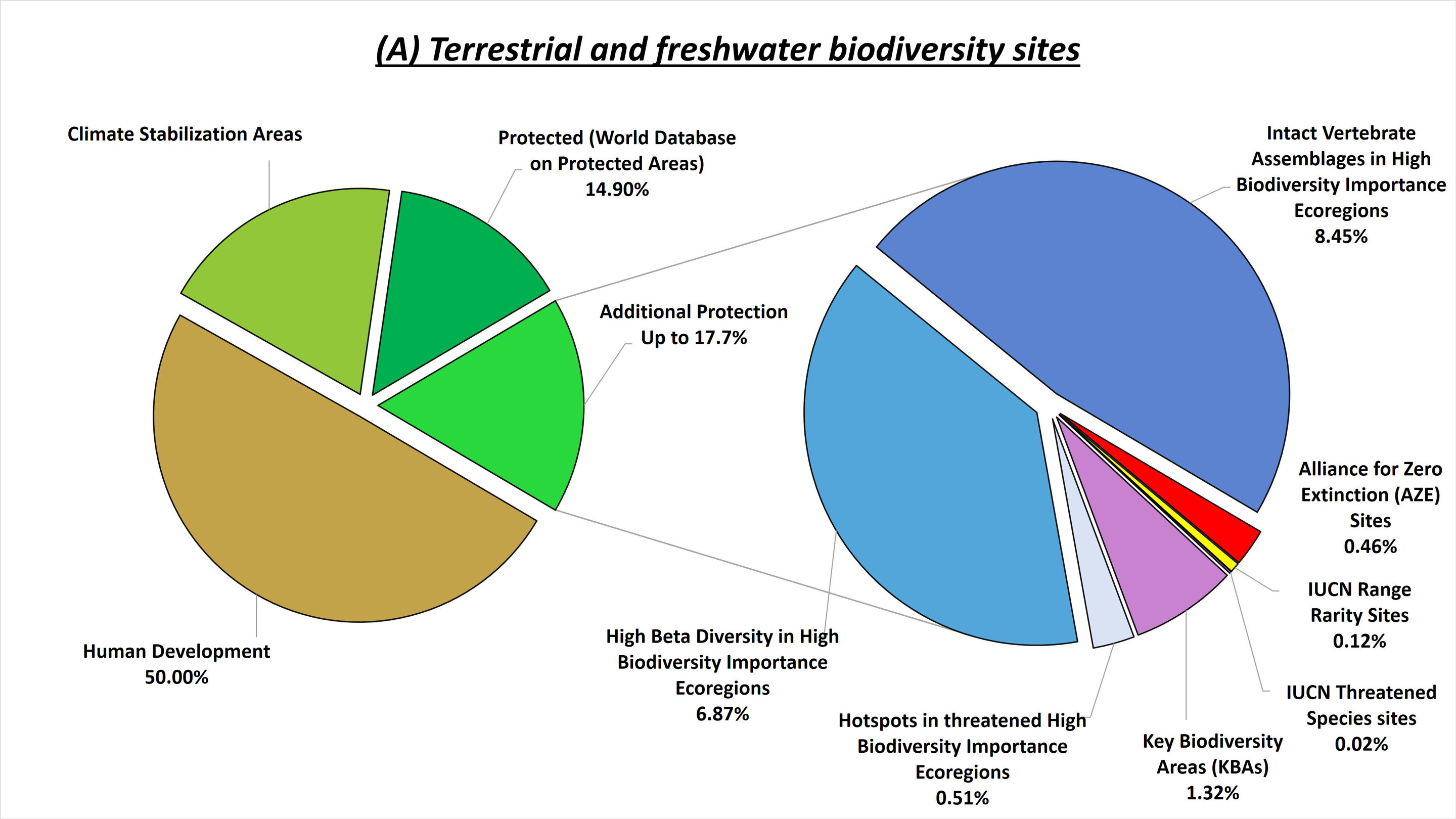
'Make Love, Not CO2': Swiss Students March for Climate Action
Thousands of school children and university students across Switzerland skipped class on Friday to march in the streets and demand climate action, telling politicians "There is no planet B".
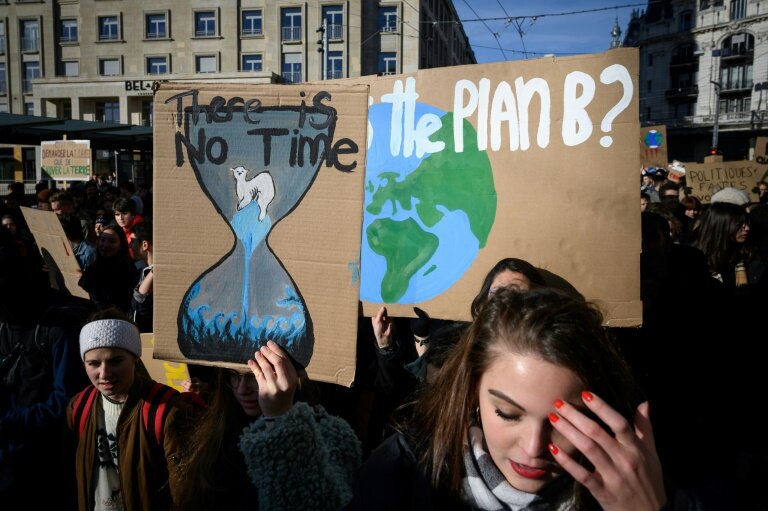
'Post-normal' Science Requires Unorthodox Communication Strategies, Study Says
'Post-normal' Science Requires Unorthodox Communication Strategies, Study Says
Proposals to fight malaria by "driving" genes that slow its spread through mosquitoes is a high-risk, high-reward technology that presents a challenge to science journalists, according to a new report aimed at stimulating a fruitful, realistic public discussion of "post-normal" science and technology.
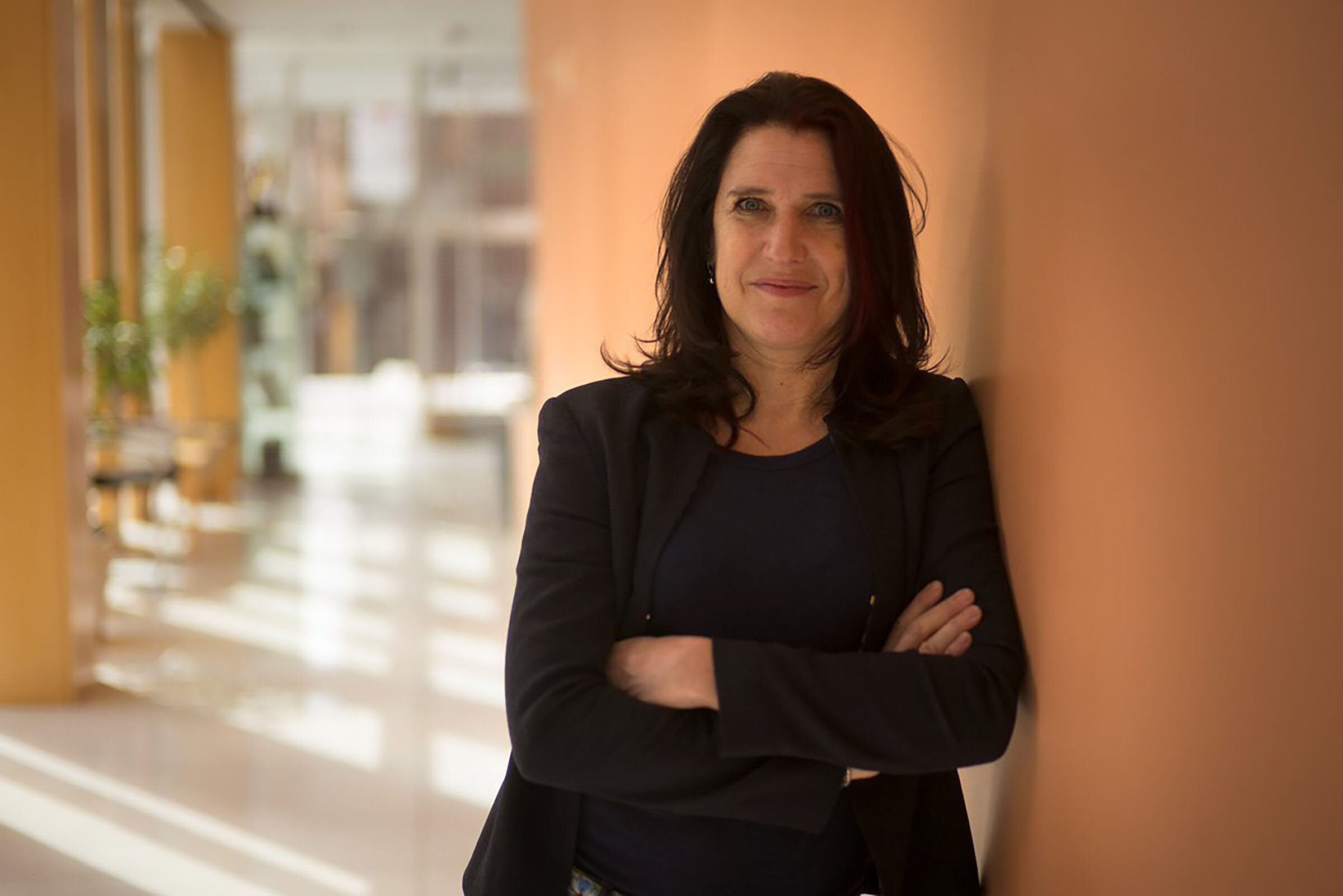
Top Math Laureate Gets New Medal After Prize Stolen
A Kurdish refugee whose top mathematics prize was stolen minutes after he received the honor this week in Rio de Janeiro will get a replacement medal Saturday, organizers said.

As Science Becomes More International, Scientific Editorial Boards Lag Behind
As Science Becomes More International, Scientific Editorial Boards Lag Behind
Editors of scientific journals are a far less diverse group than the scientists in scientific publications.

In Referees We Trust?
The imprimatur bestowed by peer review has a history that is both shorter and more complex than many scientists realize.
Inefficient Scientific Peer Review Process Takes 4 Months on Average
Inefficient Scientific Peer Review Process Takes 4 Months on Average
Academics often complain about how long it takes for a paper to undergo peer reveiw. A publication reveals several striking observations based on these experiences.
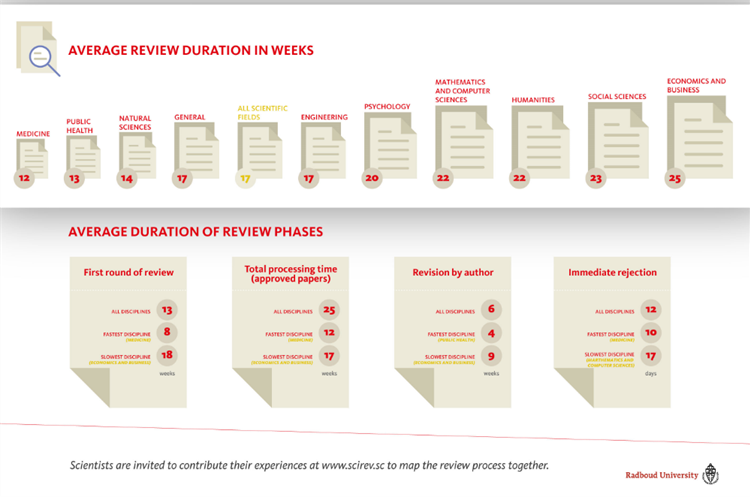
Figuring out a Handshake
A solution to fix the replication crisis in science: why do scientists not simply sell what they learn from their research?
New Study Explores Disparities Between Researchers Who Publish in High-And Low-Impact Journals
New Study Explores Disparities Between Researchers Who Publish in High-And Low-Impact Journals
The growth of open access hasn't significantly changed the publishing landscape as regards impact factor.

The value of the open science movement
Research creates its own problems. Articles may be withdrawn because of irregularities, results can be impossible to reproduce, methods are often non-standardised, and publications may not be accessible. The search is now on for solutions.
